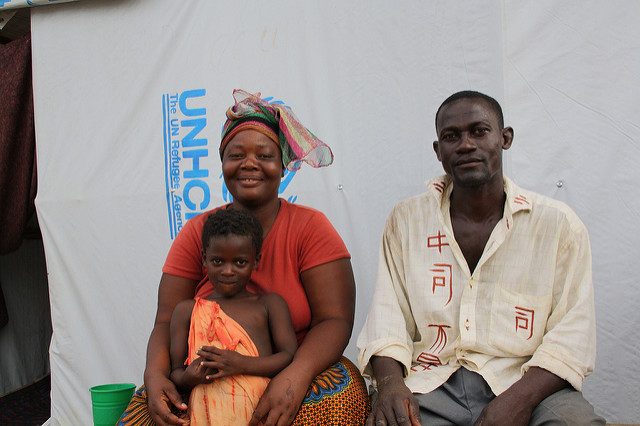KAKATA, Margibi – Health officials at three Margibi facilities are concerned that misconceptions about family planning services and traditional beliefs are impeding the access to the contraceptives and preventing women from receiving proper care.
At three major health facilities in Cinta Township, Kakata, and Gibi District in Margibi, interviews with officials revealed that many rural dwellers, especially women, have refused to access the service for many reasons.
Thomas Duncan, the officer in charge of the Tucker-ta Clinic, said many community members believe that the contraceptive implant causes cancer, gives users infections, or causes infertility among users who have not yet conceived.
While medical officials advise breast cancer patients to not use the implant, the device itself has not been proven to cause cancer or infertility.
“Tradition is still a problem here,†Duncan said. “The people hold on to tradition even when it comes to their health. This is one of the reasons causing a very high rate of teenage pregnancy.â€
At the more urban Kakata Health Center, Jimmy Vesselle experiences a different problem. Many people are receptive to using family planning methods; however, he said users of modern contraception too often disregard the risk of sexually transmitted infections and are only concerned about pregnancy.
A high number of sexually transmitted infections are diagnosed every day at the Kakata Health Center, with patients incorrectly blaming the contraceptive devices for the infections, rather than the practice of unprotected sex.
“The use of condom is the safest method of family planning because it prevents both pregnancy and STIs,†he said. “Even if you are woman using family planning contraceptives, it is advisable to also use a condom.â€
Vesselle said instead of providing safe sex, the purpose of family planning is to allow families and individuals to “better plan by spacing their children to be able to better plan how to manage the economic needs of the family.â€
At the Wohn Clinic in Gibi District, Weedor Siazay, a registered midwife, said the use of family planning methods among women and girls in the area is rare.
She noted that many community members consider children as gifts from God and avoid using modern means to prevent pregnancy. The few women who show up for the services often ask for privacy and confidentiality. Their husbands are often unaware of their decisions.
“Can you imagine in this remote area, some of the men are married to two to three wives and each of them have more than four children but they still refusing for their wives to come for family planning,†Siazay said.
According to the Liberia Demographic Health Survey from 2013, only 34.6 percent of sexually active unmarried women across Liberia use modern methods of contraception. Contraceptive use is lowest in more rural areas of Liberia. The lowest rates are found in the region containing Bong, Lofa, and Nimba.
Featured photo by Department for International Development/Derek Markwell
